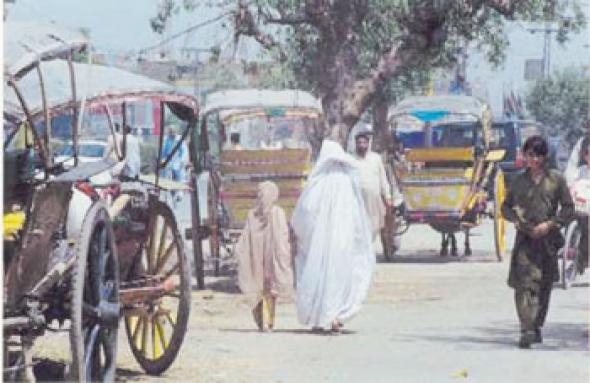September 11th 2001 (9.11 911 OIL)
In this issue, Sadie Plant, author of Zeros and Ones – a feminist history of networks and technology – selects the ultimate ‘Pin Code’ of our times. For total capitalist-democratic cooperation, just dial 911
The events of September 11 2001 are still struggling to find a proper name. People speak in the vaguest terms about the attacks, the atrocities, or simply ‘what happened’ on a day whose only real designation is its date: September 11, 2001. In the absence of a single target, a clear source, a transparent meaning, or an admission of responsibility to give the day identity, the date is perhaps the only certainty to which all the debris of the day can be affixed.
Because the events are so often invoked, September 11 has become one of the most widely voiced and printed dates in history. This is hardly surprising: it was a day of unique devastation, witnessed on the same day almost everywhere – only the Pacific was fast asleep as the events that woke America were relayed around the world. But the use of the date as a default name is not without its ironies: in America, the dateline 9.11.2001 has an unfortunate resonance with 911, the number for emergency calls. Nor is it without its dangers. Momentous days of any kind can paint history as a series of large-scale events between which nothing of significance occurs. This tends to foster simple explanations, too: offered as the key to events in Afghanistan, September 11 has become a shorthand reason for the war, a mantra which is now used for the purpose of silencing dissent and dispelling doubt. The date really has become a pin code in this sense: when prompted for a reason to bomb Afghanistan, just enter 9.11.2001, and every hesitation is supposed to disappear. Against the Taliban, this kind of focus on September 11 tends to blot out many quieter details, broader pictures, longer stories, and more complex strategies, some of which, at least, hinge on another key term: oil. Enter this pin code, and it appears that while the West’s reserves are dwindling, vast resources lie in Saudi Arabia, Iraq, Iran, and the Central Asian Republics. America’s relations with Iraq and Iran are unhappy, to say the least; and its oil rich ally, Saudi Arabia, now stands quietly on the brink of revolution and divorce from the US. Only the republics of Central Asia offer the hope of secure future supplies, but their oil needs to run through a pipeline, and the pipeline needs to run across Afghanistan.
It may well precede, postdate, and underlie what happened on September 11, but this is the kind of background story which tends to be obscured by the glow of great events, the glare of the spotlight on a single day.
Enter Afghanistan, and this might change. The Afghans have a lot of experience when it comes to fighting, defeating, and even breaking superpowers: the British Raj was stopped here; the Red Army too. September 11 may have been enough to start this latest war in Afghanistan, but it will take far more than this most potent day to run the risk of another Vietnam.
Sadie Plant <sadie AT plants.demon.co.uk> is based in Birmingham. Her most recent book, Writing on Drugs, is published by Faber and is now out in paperback
Mute Books Orders
For Mute Books distribution contact Anagram Books
contact@anagrambooks.com
For online purchases visit anagrambooks.com








